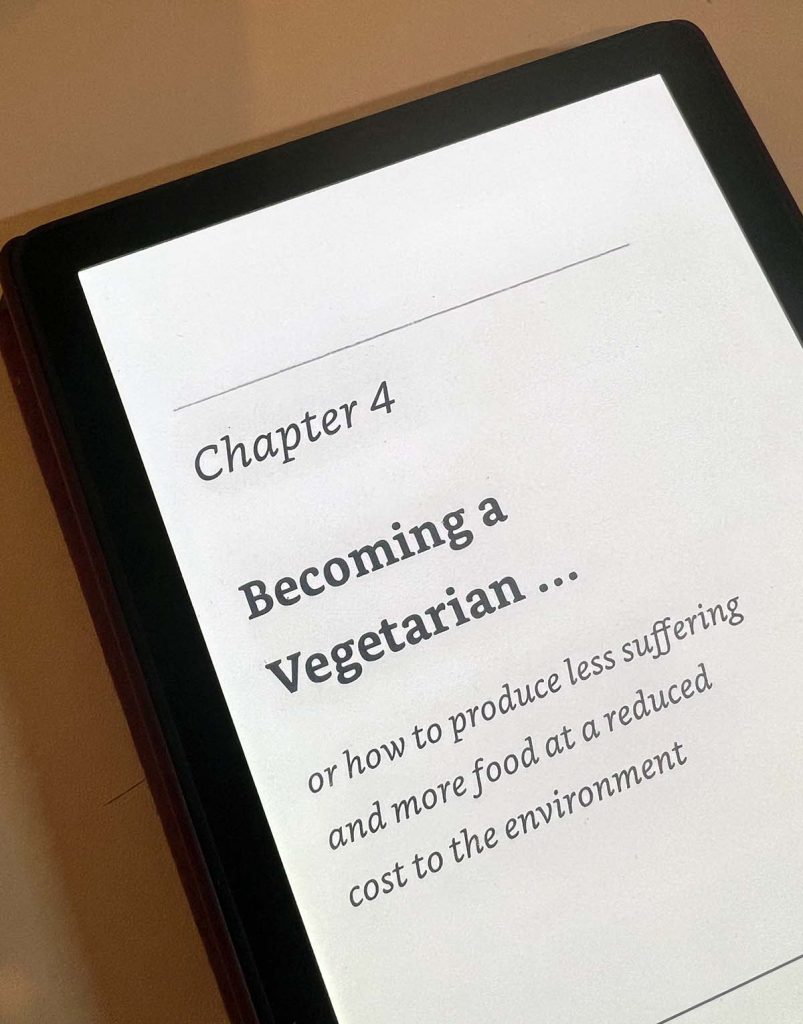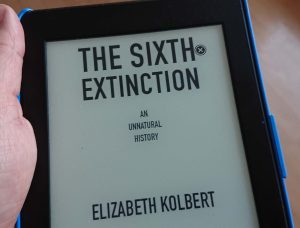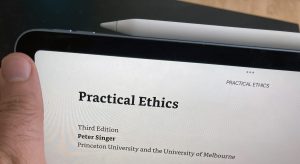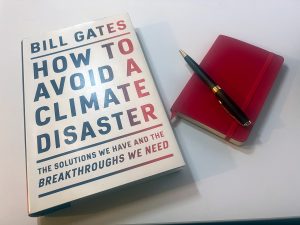This book was first published in 1975, and it’s considered by many to be profound and groundbreaking. And with good reason. Let’s explore some of these reasons here and try to look at why is it so profound, why after 45 years it’s still very relevant and why you should read it.
The topics of this book, as you might have guessed from the title, are the status and current treatment of non-human animals in our societies, whether in laboratories or factory farms, and arguments for abolishing such practices.
Predictable, right?
You probably expect the author to talk about pets and compare them to pigs or cows, or to talk about the suffering of cute animals like dogs, cats, or horses that are kept in cages and slaughtered around the world to elicit sympathy, which he then hopes to extend to cows and pigs?
Well, you’re wrong.
The book is a classic precisely because the author does not do that. He makes no special mention of the animals we westerners typically use as pets, and he does not resort to emotional trickery. He does describe experiments that are done on dogs, for example, but he does not attempt to argue that because you feel bad about those experiments, you should also oppose eating meat.
“Nowhere in this book, however, do I appeal to the reader’s emotions where they cannot be supported by reason”
Singer, Peter. Animal Liberation. Random House. Kindle Edition.
In fact, he makes no effort to focus on emotions; instead, he provides almost objective descriptions of what happens in factory farms and laboratories. Of course, a description can elicit your emotional response, but nowhere in the book are emotions the focus. As a matter of fact, the author is almost more focused on reason and logic.
Sure, it is not that easy to read about the laboratory experiments done on beagles or about the living conditions of sows, but those are not mentioned in themselves; instead, the arguments against those practices are well thought-out.
We need to know the truth about laboratory experiments and factory farms, and this book provides that description. That’s all.
But we are getting ahead of ourselves, as the book does not start in that way at all. Instead, the author begins in the abstract, discussing the moral principle of equal consideration of interests, which, he hopes, if we’re logical enough and his argument is sound, should convince us to stop eating meat without any emotional involvement.
He explicitly states that you do not have to love animals to be persuaded by the argument, much in the same way you do not have to especially love minorities and other races in order not to be a racist.
The entire chapter 1 is devoted to defending this principle of equal consideration of interests, so he makes a moral case for not eating meat and for animal liberation even before he begins talking about the specifics of animal suffering at all. He explains why moral standards should not be limited to humans but should also apply to other animals.
Note the word “OTHER”, as the author reminds us here that we humans are animals as well, biologically speaking, and that the separation of humans and other animals when considering the interests of each member of our species does not make much more sense than the separation of humans into blacks and whites when considering the interests of minorities.
Indeed, the first Chapter is supposed to show “why the ethical principle on which human equality rests requires us to extend equal consideration to animals too “.
It starts from the very roots of equality, with sex and race equality, then proceeds to dismiss the idea that equality can rest upon what science tells us about intelligence – not only that there is a possibility that that would somehow, someday make racism defensible, but it would make a sort of enslaver/enslaved person hierarchy between the humans of various degrees of intelligence somehow okay. So, the book argues, equality cannot be based upon what science tells us about intelligence.
Because Sir Isaac Newton was superior to others in understanding, he was not therefore lord of the property or persons of others.
Thomas Jefferson as quoted in Singer, Peter. Animal Liberation. Random House. Kindle Edition.
In essence, it is argued that equality lies in considering interests instead.
Of course, this blog post cannot hope to exhaust the entire moral argument, not only because it is comprehensive, but because to do so by a non-philosopher is to do injustice to it.
Suffice to say, the argument is not based upon emotions but upon reason and logic, and it is indeed quite persuasive.
It is almost impossible for the non-philosopher to find a strong enough objection to it, and, as this is the revised edition that I am reading, the author successfully tackles even the objections of professional philosophers in the last Chapter. So, even if the book were only chapters 1 and 6, it would still be worth your time.
In chapter 2, the author examines the animals in Laboratories, describes what is happening to them, and asks whether the research goals are sufficient to justify such suffering. Of course, you can say that probably some animals are being tortured to find medicine or so, and the author leaves out such instances, but his point is that it also happens for frivolous reasons. And of course, if you take the arguments from Chapter One seriously enough, you might conclude that the importance of any medicine should be balanced with the interests of animals.
Chapter 3 takes us around factory farms and casts a harsh light on what happens not only on the farms themselves but also in the whole production chain. And again, even if you dismiss the arguments from the first Chapter, you will surely find areas where you think our treatment of animals should be improved.
Chapter 4 is about becoming a vegetarian. Here, the author makes an additional ecological argument against eating meat and effectively addresses objections to vegetarianism, such as the claim that vegetarian food is lacking in nutrients and is not tasty.

Chapter 5 looks at the treatment of animals throughout history, teaches us how things came to be the way they are, and outlines some of the steps along the way.
Chapter 6 is tightly coupled with Chapter 1, as in Chapter 6, the author examines objections and rationalisations to his arguments and to eating meat in general, and tries to disprove them or offer his perspective.
Chapters 1 and 6 are the most important in the entire book, as they provide a moral reason (principle) for each of us to try and change things or at least to think deeply about our own role in the way things currently are. It is up to you to read the book and decide whether the author has a point.
The book is not easy to read. It does make an emotional impact, and the subject matter can drain your batteries a bit. And not just emotional ones; you do have to concentrate a bit to grasp all the finer philosophical points fully.
But considering that the book is really a classic that has had profound implications, you’ll be doing yourself a great favour by reading it, not only so that you can say that you’re familiar with the issues and the arguments for and against and objections to those arguments but also to gain a deeper insight into what is undoubtedly an essential issue in our society.
After all, shouldn’t we all, at the very least, be just a bit more interested to learn just where the food we eat comes from and what ethical price we are paying for it?



